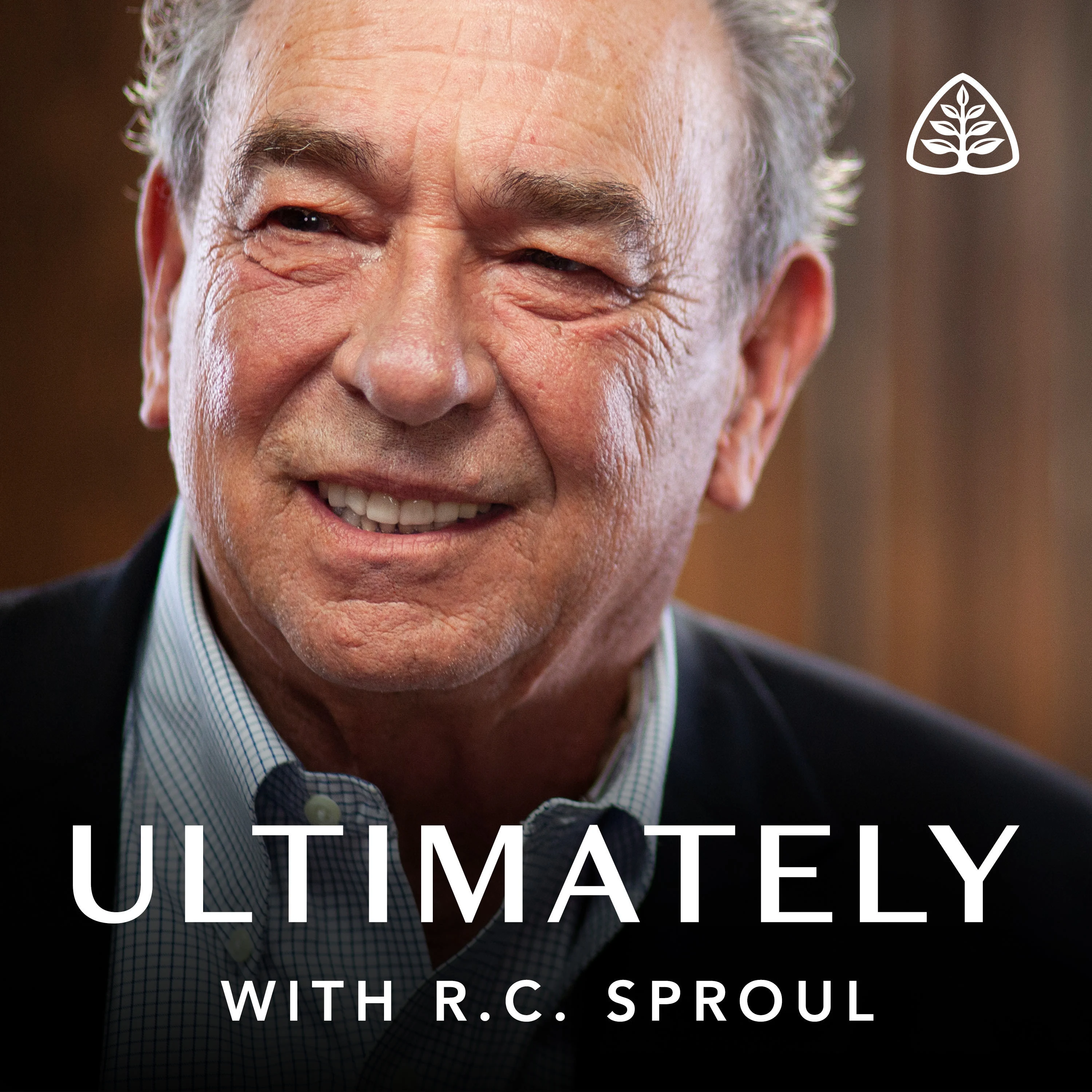Are You Childlike or Childish?

The Lord calls us to have a childlike faith—but not a childish spirit. Today, R.C. Sproul explains how our confidence in God and trust in His Word relate to our growth in Christian maturity.
We find people who have a built-in allergy to serious and sober and diligent study of the Word of God. And the excuse is given continuously, "I don't need to study, seriously, the Word of God, because I want to preserve a childlike spirit, a childlike faith. I want to keep it simple." That is not an expression of Christian maturity. But where does the misunderstanding come in? The Bible does call us to be like children. We must become as children if we are to enter into the Kingdom of God. Do you remember when the disciples had their dispute as to who was the greatest in the Kingdom of God, and who's going to sit on the right hand and who's going to sit on the left hand, and Jesus astounded them by taking a little child and setting the child in the midst and said, "Unless you become as this child, you won't even enter the Kingdom of God." And we are called again and again to this childlike spirit.
But dear friends, there is a very, very important difference between being childlike and being childish. Okay? The Holy Spirit is not childish. To be childlike means that at certain points we are called to resemble children, just as the way the young child has almost absolute blind confidence and faith in his parents, what Augustine called a fides implicitum, an implicit trust in whatever their parent says. If the father says that money doesn't grow on trees, then the child believes it. Now, that doesn't happen for very long. I mean, there comes an inevitable period where the children don't believe anything that the parent tells them. But in early childhood, there's this almost sense of awe that children reveal towards their parents' authority. Because you think of the ways in which the child is dependent upon the parent. The child doesn't know that fire burns until it sticks its hand in the flame, and the flames are so dancing and enticing, and the parent says, "No," and the child doesn't quite believe it, and then it touches the fire, burns its hand, and all of a sudden the parent has credibility. Say, "Wow."
And I can remember when my son was about five years old and he went to Sunday school and the teacher said to the children, "Who wrote the Bible?" My son shot up his hand, and they said, "All right, who wrote the Bible?" And he said, "My daddy." Now, that's a lot of faith. That's not the only faith, that's credulity.
When we are called to have a childlike faith, that doesn't mean that we're supposed to have a simplistic faith or an uninformed faith or an unintelligible faith. But what it means is that I must have the same kind of confidence in my heavenly father that I trust him implicitly. Now that is not unreasonable. That is not superstitious. In fact, the more mature your intellectual understanding of God is, the greater should be your child-like acceptance of His authority. Because the more you understand of the character of God, the more utterly inconsistent with rational thought it would be that God would ever deceive you, because His track record is perfectly consistent.
You see, the reason why children lose trust and confidence in their parents is that they do begin to see actually that their parents do make mistakes. But when have you learned that of your Heavenly Father? The deeper your understanding of the things of God, the more childlike is your sense of awe and appreciation for the veracity of God and for the integrity of God and for the benevolence of God. And so in that sense, we are called to be childlike.
Recent Episodes
Why Humanism Fails
February 13, 2026|Opposing Worldviews
God Needs Nothing
February 11, 2026|The Nature of God
Since God Is Sovereign, Why Evangelize?
February 9, 2026|Evangelism and Missions
Perseverance of the Saints
February 6, 2026|Perseverance of the Saints
Irresistible Grace
February 4, 2026|Irresistible Grace
Limited Atonement
February 2, 2026|Limited Atonement
